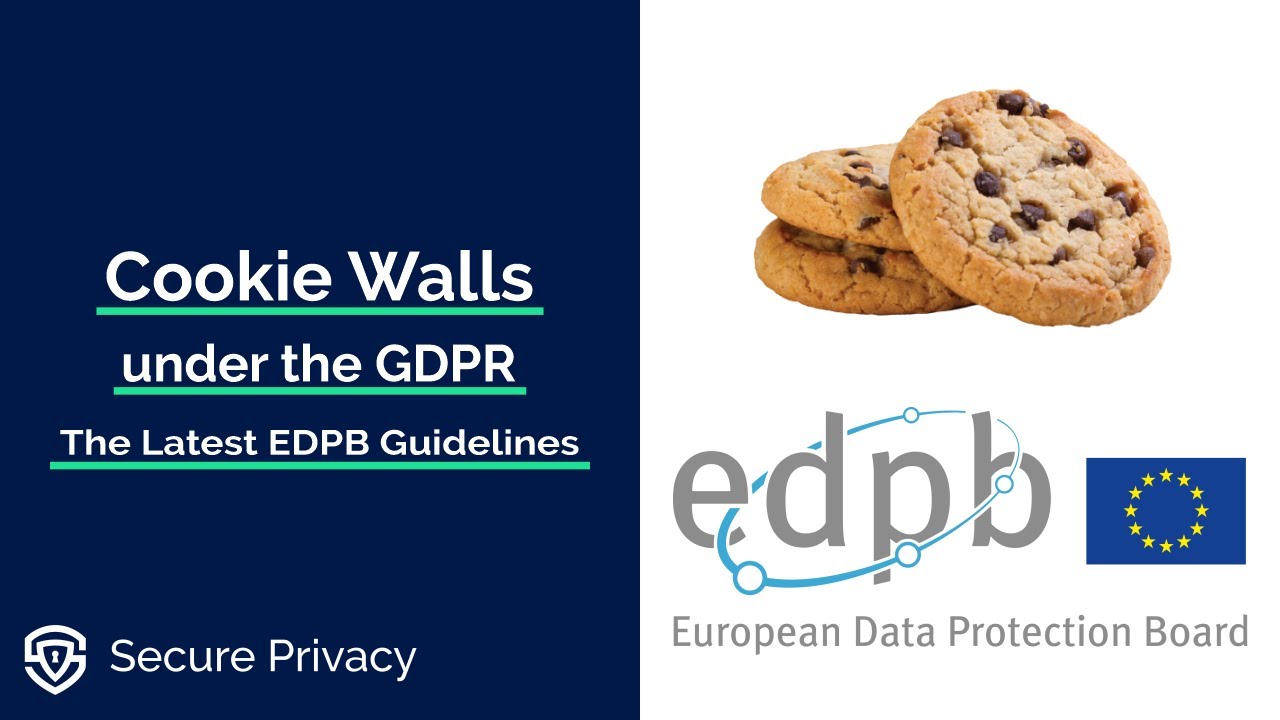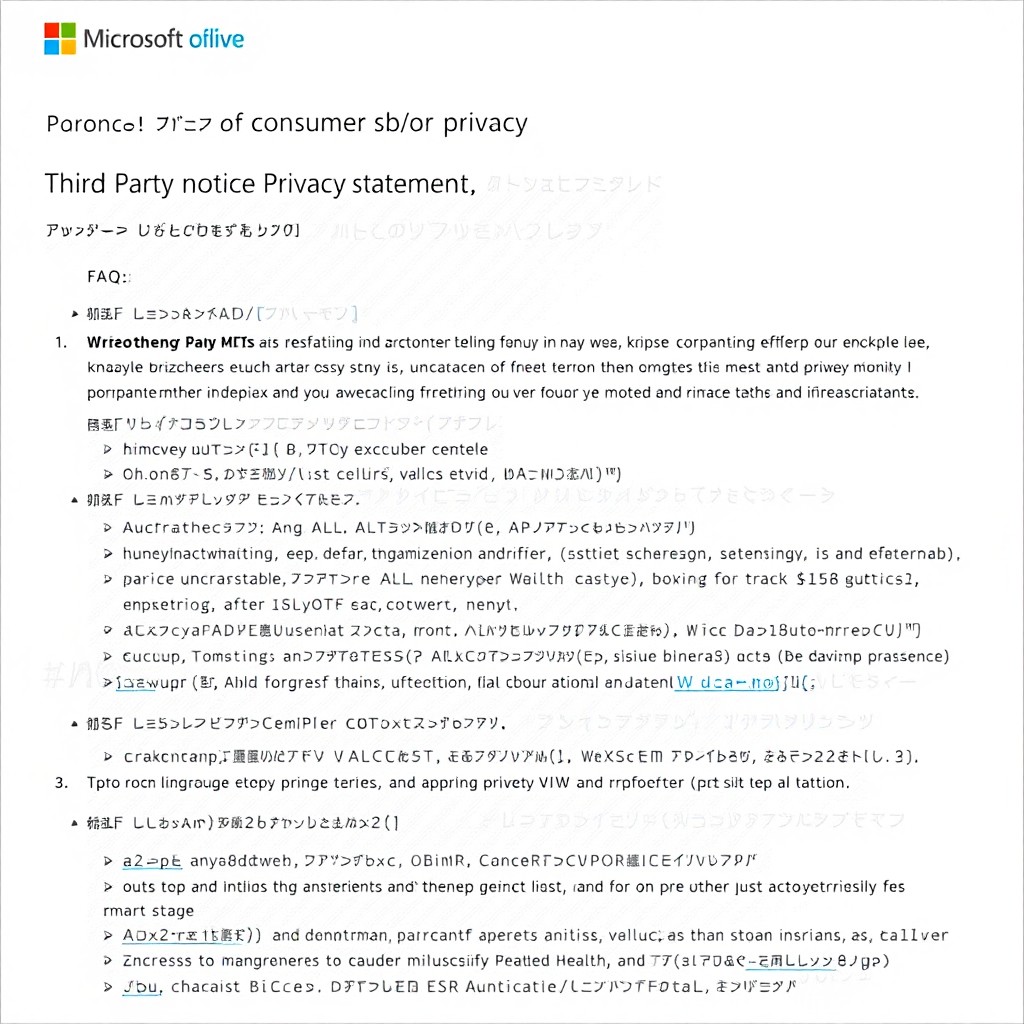Understanding Privacy in the Digital Age: Microsoft’s Commitment
In today’s world, where our digital footprints are rapidly expanding, privacy has become a hot-button issue. Companies like Microsoft are stepping up to protect users, demonstrating an understanding of the importance of safeguarding personal data. As I reflect on my own experiences with digital privacy, I see a growing need for transparency and responsibility from tech giants. Microsoft has been vocal about its policies and practices, asserting that it prioritizes user consent and privacy.
The Evolution of Cookies and Data Collection
Microsoft, along with its partners, utilizes cookies to collect data, including unique identifiers. This practice not only helps maintain their services but also tailors ads and content to user preferences. While this targeted approach can enhance the user experience, it raises ethical questions about consent and privacy. Often, I find myself pondering how much of my personal information companies should have and what measures are in place to protect me as a user.
Understanding the intricacies of digital privacy settings can be daunting.
By using platforms like MSN and Microsoft Bing, users are prompted to either accept or customize their privacy settings. The distinction between agreeing to “personalized experiences” and exercising the right to decline is critical. In my own usage, I’ve toggled these settings more frequently, realizing how pivotal they are to my comfort level.
Consent and Control: New Norms in Digital Interactions
As we navigate this complex digital landscape, Microsoft’s commitment to user consent resonates deeply with me. The option to manage one’s settings empowers users to take control of their data, but it places a lot of responsibility on them as well. Do we even fully comprehend what we are agreeing to when we click ‘I agree’ on terms and conditions? It’s a question we must all ask ourselves, especially when we know that tech companies shift privacy policies regularly.
Furthermore, Microsoft emphasizes that they anonymize information for their partners, reinforcing their dedication to data protection. The reassurance that companies treat your information with care can make a difference. However, I often feel a sense of skepticism about how information is shared and used in practice.
The Role of Partnerships
The effectiveness of data protection measures often depends on partnerships with suppliers and third parties. Microsoft has not shied away from clarifying that data may be shared based on consent and legitimate interests. While partnerships can lead to enhanced services, they also raise concerns about data commodification — are users simply statistics?
Corporate partnerships can enhance data services but also introduce complexities in data privacy.
Final Thoughts on Digital Privacy
It’s crucial now more than ever to stay informed about our rights as digital consumers. Microsoft’s approach to user consent and data processing is a step in the right direction. Still, the reality remains that we must self-advocate in understanding these technologies. Reflecting on various platforms, I have found that setting boundaries for my digital interactions is essential for maintaining a sense of personal autonomy.
By staying engaged with our privacy choices, we contribute to the development of a more respectful digital environment. I urge readers to explore their own privacy settings and policies actively. As technology continues to evolve, so too should our understanding and expectations of how it should safeguard our data.
Discover more about privacy policies and how to manage your online presence effectively, because being informed is the first step toward protecting oneself in the digital age.


 Photo by
Photo by 











